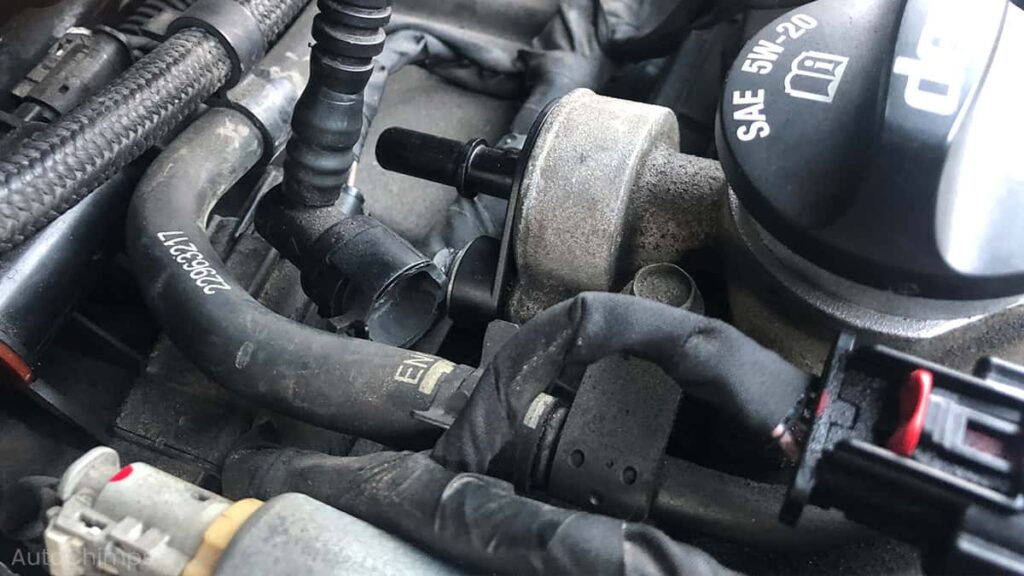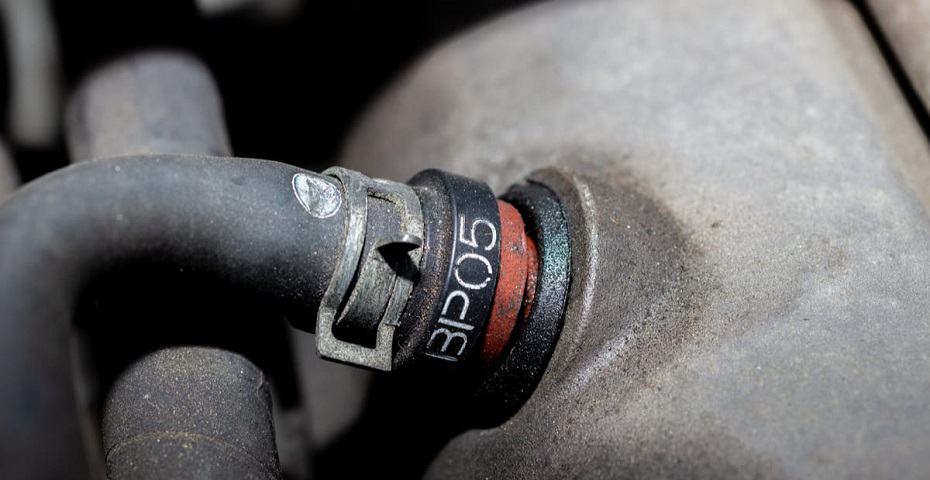
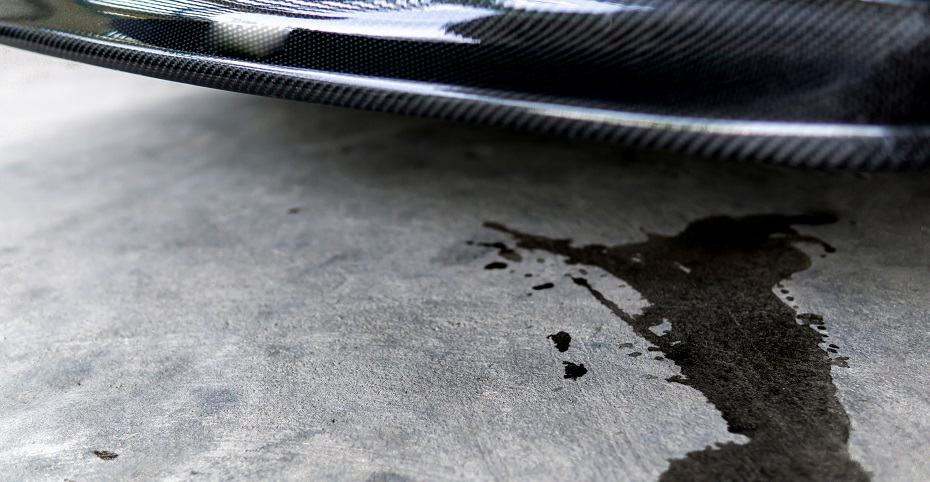

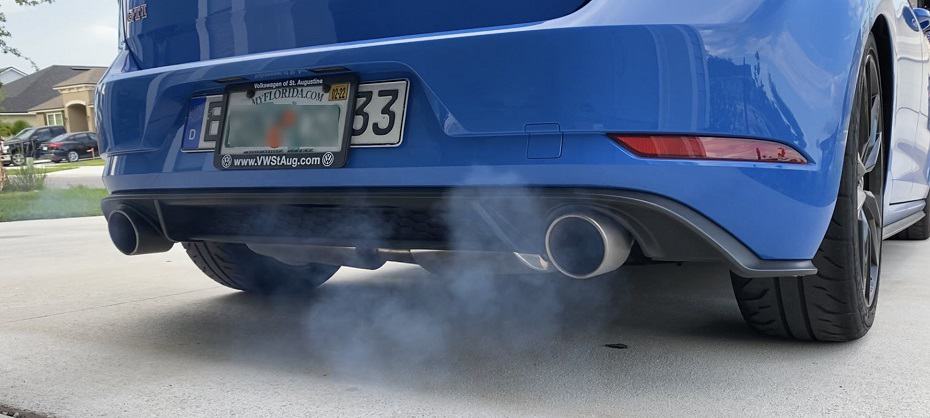




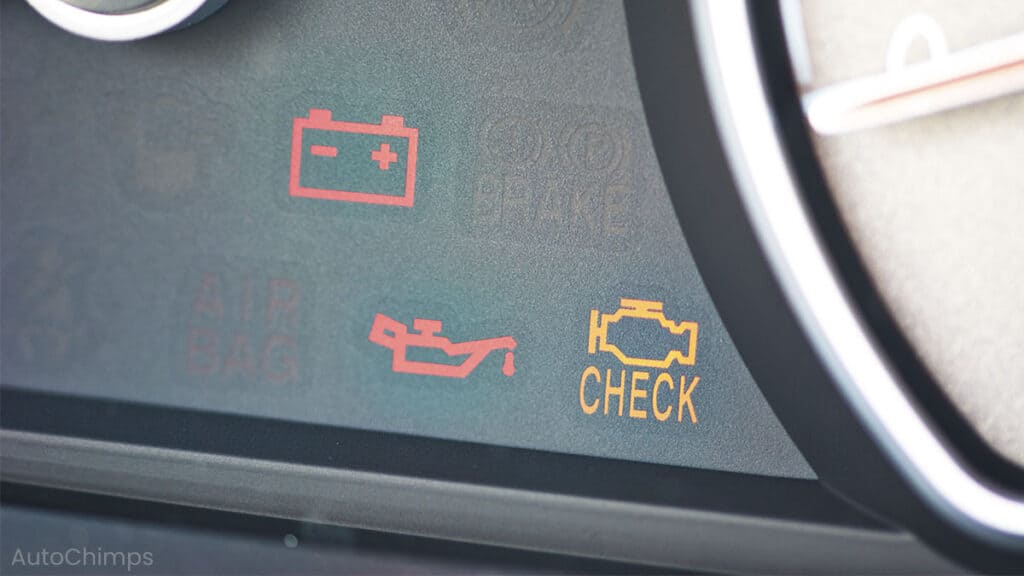
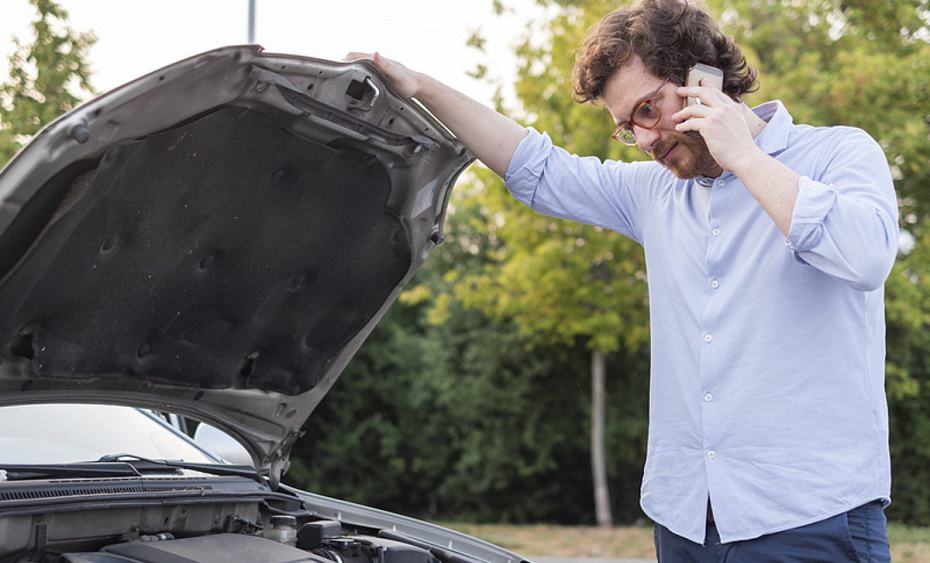
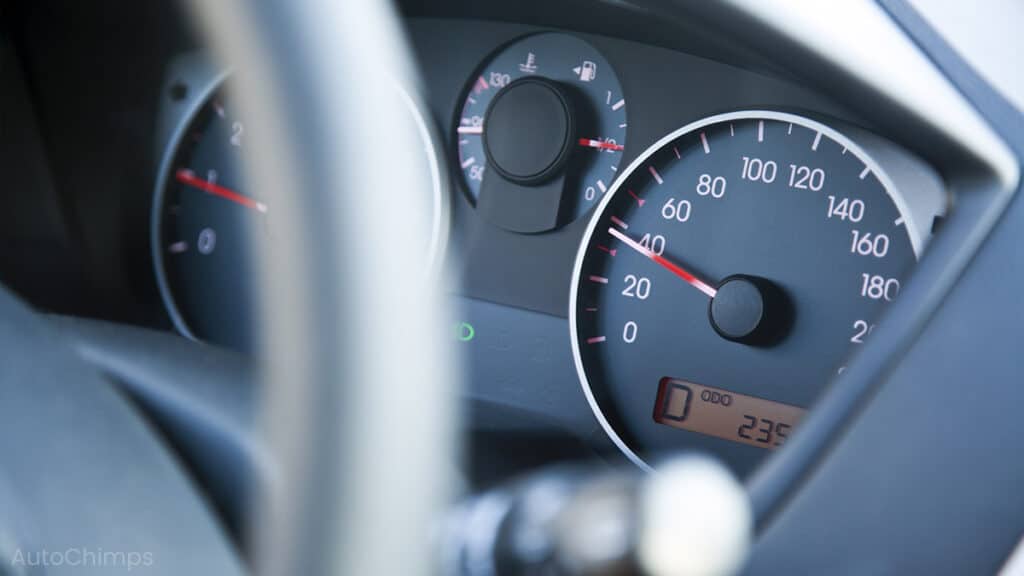

Understanding the PCV Valve: What It Is and Why It Matters
The Positive Crankcase Ventilation (PCV) valve might sound like a mouthful, but it plays a crucial role in keeping emissions in check. This little spring-loaded valve is the unsung hero of the engine, helping to vent out leftover combustion gases that sneak past the pistons. When things go sideways with the PCV valve, it can lead to some serious engine trouble.
What Happens When the PCV Valve Fails?
If the PCV valve goes kaput, pressure builds up in the crankcase because those gases aren’t getting vented. This can leave a nasty residue that coats engine parts, and over time, that can spell disaster for the engine.
Signs of a Bad PCV Valve
So, how can one tell if the PCV valve is on the fritz? Here are some common red flags:
- Whistling or hissing sounds
- Check engine light flickering
- Oil leaks or increased oil consumption
- Worse fuel economy
- Rough or high engine idle
- Black or gray exhaust smoke
- Engine misfires
- Rough acceleration
- Engine stalling
Replacing a PCV valve usually runs between $42.50 and $90, depending on the shop and vehicle type. Let’s dive deeper into these symptoms and the costs involved.
What Causes PCV Valve Failure?

Most car makers recommend cleaning or swapping out the PCV valve and its related hoses every 20,000 to 50,000 miles. Skipping this maintenance can lead to the valve getting stuck—either wide open or closed. It can also wear out faster because it’s constantly exposed to heat and pressure.
If it’s stuck open, the engine runs “lean,” letting in too much air. If it’s stuck closed, the engine runs “rich,” meaning it’s drowning in fuel. Both scenarios can crank up the pressure in the crankcase, putting stress on hoses and seals, and even messing with the oil.
Symptoms of a Bad PCV Valve
1. Whistling or Hissing Sounds

If there’s a whistling or hissing coming from the engine, that’s a telltale sign. This might mean the PCV valve is partially stuck or that the seal connecting it to the crankcase is leaking.
2. Check Engine Light

A check engine light can pop up due to PCV valve issues, usually because a sensor picks up an air-fuel mixture problem. Scanning for error codes is the best way to confirm the issue.
3. Oil Leaks/Increased Oil Consumption

Finding oil puddles under the car? That’s another sign of a faulty PCV valve. If the blow-by gases can’t escape, pressure builds up, causing oil to seep through seals.
4. Reduced Fuel Economy

When the PCV valve is stuck open, it lets in too much air, forcing the engine control unit to pump in more fuel. This can lead to burning through gas faster than usual.
5. Black/Blue Exhaust Smoke

Seeing blue or black smoke from the exhaust? That’s a sign that oil is getting into the combustion chamber due to crankcase pressure. Not a good look.
6. Rough/High Engine Idle

If the engine is idling rough or too high, it could be due to a stuck PCV valve messing with the air pressure. The engine has to work harder to maintain a steady idle.
7. Engine Misfires

Misfires happen when the air-fuel mixture isn’t right, often due to a bad PCV valve. This can cause the engine to stutter and lose power, especially when accelerating.
8. Rough Acceleration

Rough acceleration can also indicate a PCV issue. If the engine’s working against back-pressure due to poor ventilation, it won’t accelerate smoothly.
9. Engine Stall

Finally, if the engine stalls, it could be because the PCV valve is stuck open, letting in too much air and disrupting ignition. Not ideal for getting from A to B.
How Much Does It Cost to Replace a Bad PCV Valve?

When it comes to fixing the PCV valve, there are two main routes: cleaning it or replacing it. If it’s salvageable, a tech can clean it up, and that’ll just be a labor charge. If it needs replacing, parts are pretty cheap—around $5 to $25. Labor typically runs about $75 to $130 an hour, so expect a total cost between $42.50 and $90, depending on the vehicle.
Ignoring a faulty PCV valve isn’t the way to go. It’s a small job that can prevent big headaches down the road.
What Happens If a Bad PCV Valve Is Ignored?

PCV valves are generally reliable, especially with regular maintenance. But ignoring a bad one can lead to bigger issues over time, not just for the driver but for the engine too. Sure, a car might run for a bit longer with a faulty valve, but it’s a gamble.
If any signs of PCV valve trouble pop up, it’s best to act fast. Repairs are usually under $100, and that’s a small price to pay to keep the engine running smoothly.

